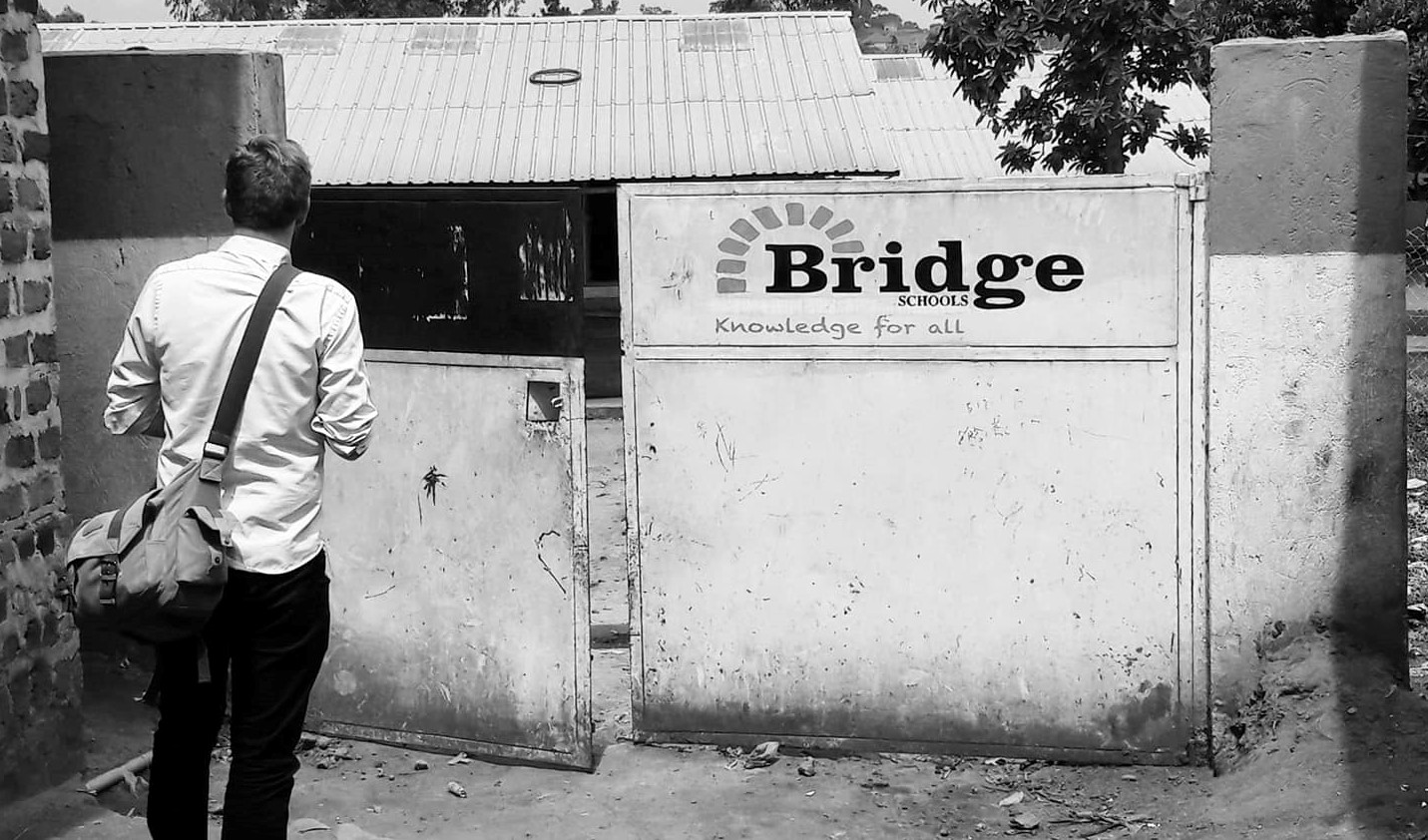A UK government-backed programme running for-profit schools in Africa and India is being investigated by an international watchdog after concerns were raised over human rights and poor working conditions.
Bridge International Academies runs low-cost schools across India and Africa. It is financially supported by some of the most powerful funders in the world including tech billionaires Bill Gates and Mark Zuckerberg, and the World Bank’s International Finance Corporation (IFC).
The UK government has invested £12.3 million in the company, with £8.8 million in taxes and a grant of £3.5 million through the Department of International Development’s bank, called the CDC, and indirectly via funding to a venture capital fund called NovaStar Ventures, registered in Mauritius.
In October 2019 the World Bank’s investment watchdog, the Compliance Adviser Ombudsman (CAO), began investigating Bridge’s operations in Kenya, where groups had alleged human rights abuses, poor working conditions, discrimination, lack of transparency and intimidation, as well as concerns about pay, health and safety and sanitation.
The probe comes after a formal letter of complaint from the East African Campaign for Human Rights (EACH Rights). CAO is now investigating whether the World Bank investment meets its environmental and social requirements.
A spokesperson for the CDC said the department takes allegations against “investee companies very seriously” and insisted it was “monitoring the situation closely”.
Bridge provides a low-cost education system aimed at the poorest people in developing nations. In these schools, unqualified teachers read lesson plans to children from pre-scripted electronic tablets. Students from poor communities pay to attend Bridge schools.
The company’s programme has been referred to as the “Uberfication of education”, but it boasts high student exam pass rates and Bridge argues that its low-cost system can help the global education crisis. Extra fees paid by children in state schools, such as books, lunches, and sometimes tutoring, are covered by the company’s fee.
Linda Oduor-Noah, project manager at EACH Rights, warned that the CAO investigation could have a “significant impact” on Bridge’s reputation and a “likely damaging ripple effect” on the approach of other investors. “We have heard first-hand from other investors that they are keenly awaiting the outcome of the investigation,”she said.
“I would like Bridge to respect human rights and I think that no for-profit entity should masquerade as having social agenda, when at the end of the day profit drives all decision making. People involved in the provision of public goods should never endeavour to make profit off the poor.”
Bridge responded in a press release stating: “The review is looking at whether the IFC has followed its own rules and policies in their investment oversight. It is important to note that this ombudsman review is not looking at Bridge’s environmental or social impacts. Bridge already completes an annual monitoring review for the IFC, as do all portfolio organisations.”
An attempt at dispute resolution with EACH Rights failed, and Bridge has now submitted 1,500 letters of approval from students to the CAO.
Oduor-Noah said EACH Rights had been reassured that the CAO would not be “lobbied in the manner in which Bridge was attempting to do”.
The charity’s letter contains anonymous testimony from eight complainants, among them parents, pupils and employees of Bridge schools.
One testimony from a nine year old pupil’s mother said she had “gone without eating so I can pay my school fees”, while a teacher claimed that their school does not “accept disabled children”.
Another anonymous respondent complained that the schools were not fit for purpose. “The rooms are half stone and half wire mesh, the children were exposed to what was happening outside,” they claimed.
“I don’t think that is an environment that can promote concentration. All Bridge schools I know have been built on land designated for dumping sites.”
In 2016 a Canadian researcher investigating Bridge schools was arrested in Uganda and held in jail for two days after Bridge placed a ‘Wanted’ advert accusing him of trespassing and impersonating an employee in the national New Vision newspaper. The man, Curtis Riep, was eventually released by police, and witnesses claimed he had signed visitors’ books and contacted schools in advance of his visits.
Shannon May, co-founder of Bridge, wrote at the time: “Curtis Riep introduced himself to our communities and to Bridge teachers as a Bridge employee and did not announce his intentions regarding his alleged research on Bridge. Rather, he stated that he was a Bridge employee and needed to collect materials… As the company had no knowledge of his true intentions, we had every right to issue a public notice and inform the police.”
Riep published his work through Education International in 2016. In 2018 over 88 civil rights organisations such as UNISON, Global Initiative, ActionAid, and the Initiative for Social and Economic Rights (ISER), wrote a letter to BIA investors urging them to cease funding the company.
Regarding the investigation, a Bridge spokesperson said: “We remain disappointed that EACH Rights is choosing to dedicate its resources to undermining an organisation improving learning in some of Kenya’s most underserved areas.”
The results of the CAO investigation will be published in 2020. The last direct investment to Bridge by the UK taxpayer was £1.6 million in 2016.
A spokesperson for the CDC said: “We agree that the CAO report does raise important issues and we are monitoring the situation closely and working to understand any developments and the fact base being built to evaluate EACH Rights’ complaint.
“It is also important to note that the focus of the CAO compliance function is IFC’s investment process, not Bridge International Academies as a company. It is beyond the scope of a CAO compliance appraisal to reach a conclusion on the activities of companies. Furthermore, the process is still ongoing, and conclusions of the case are yet to be published.”
Photos thanks to Ryan Latto and EACH Rights.














